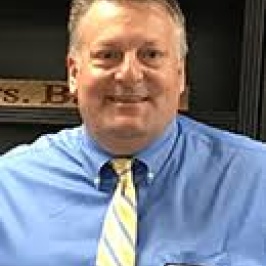Critical Information
The number of children ages 3 to 17 struggling with anxiety or depression rose by 1.5 million between 2016 and 2020. Educators trained in resilience will fortify their students and raise their potential for learning.
Two modes for promoting student resilience
Synchronous solutions…
include facilitated small group discussion, coaching, workshops, and more. Our unique web events include live group therapy, humor workshops to infuse fun into the classroom and even live events with comedians. Enjoy the video example.
Asynchronous solutions…
include on-demand video engagements on a range of topics from autism to dealing with difficult students. Faculty (and parents) can learn the rubric for developing greater resilience, will pass along this learning to students. Please enjoy this video montage on student engagement from our on-demand video library.
On-demand virtual engagements

Recognition of Substance Abuse Series Overview
This is an introduction to the substance abuse and prevention series by subject expert, Dr. John Streukens. Learn about this psychologist and the range of topics made interesting for educators.

School Law: Liability Part III
This course is the final installment of the series on legal liability in the school setting. Learn from case examples and test your understanding with vignettes to solidify your learning.

School Law: Religion Part I
This section is the first of a four-part course on the common issues that confront schools concerning religion and education, such as constitutional principles and the way courts resolve such issues.

School Law: Religion Part II
This is the second of a four-part course on the common issues that confront schools concerning religion and education, such as constitutional principles and the way courts resolve such issues.

School Law: Religion Part III
This is the third of a four-part course on the common issues that confront schools concerning religion and education, such as constitutional principles and the way courts resolve such issues.

School Law: Religion Part IV
This is the final section of a four-part course on the common issues that confront schools concerning religion and education, such as constitutional principles and the way courts resolve such issues.

School Law: Student Freedom of Expression Part I
This is the first section of a three-part course exploring constitutional principles and legal precedents relevant to controversies in student freedom of expression.

School Law: Student Freedom of Expression Part II
This is the second section of a three-part course exploring constitutional principles and legal precedents relevant to controversies in student freedom of expression.
Success Stories

"Whole School Health Through Psychosocial Emotional Learning highlights the importance of relationships, communication, and compassion for others. It presents a critical view in supporting, training, and retaining teachers through the lens of engaging and modeling behaviors that will help our rural students be better civic leaders and community members. My favorite quote from the book gives credit to the author's upbringing and modeling from his parents: 'We must experience the world through others so we can fully engage in educating all children. My father and mother modeled to me and my siblings how to experience the world through somebody else’s eyes, especially if their outer differences stirred up discomfort or displeasure, enriching all lives involved.' I recommend all leaders, teachers, and stakeholders secure their copy as they prepare for school."
Allen Pratt, Executive Director, National Rural Education Association (NREA)